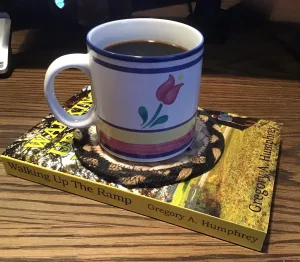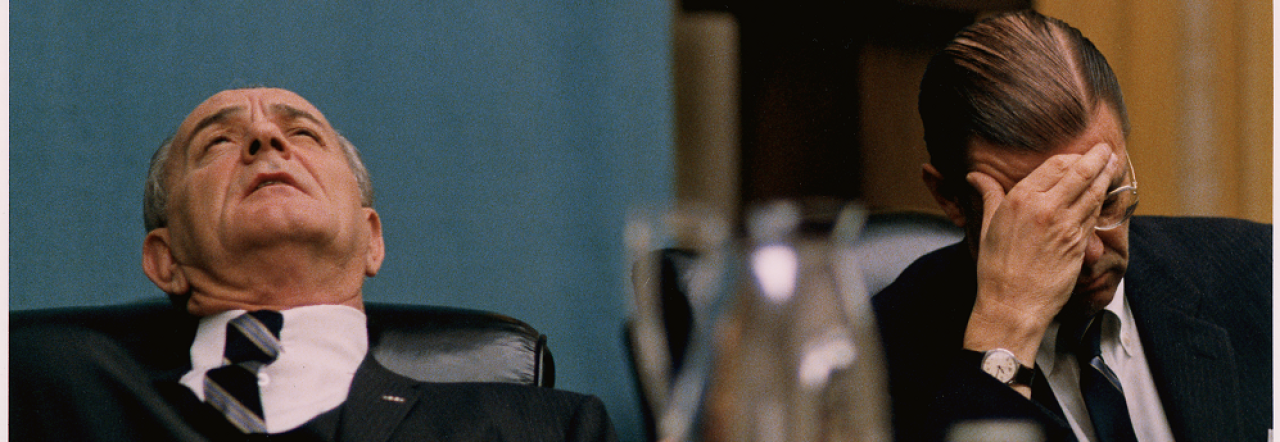A powerful read from the Boston Globe.
When Liu Xiaobo died in Chinese captivity last week, the world lost one of its moral giants. Liu was a hero, even though his tragic fate — his life cut short by the Communist dictatorship in Beijing — was one he shared with tens of millions of his fellow Chinese.
What made Liu Xiaobo exceptional was this: He had a choice. In 1989, when mammoth pro-democracy demonstrations spread through China’s cities, Liu was living in safety far away. He was a successful scholar who enjoyed the freedom to travel abroad; in the spring of 1989 he was teaching at Columbia University in New York. Instead of remaining in America, however, he returned to China, joining the students in Tiananmen Square and, together with three other prominent intellectuals, staging a hunger strike in a demonstration of solidarity.
Chinese authorities refused every plea to release him; not even the extraordinary honor of the Nobel Peace Prize, awarded to Liu in 2010, could induce the dictators in Beijing to relent. The prize “made headlines around the world,” noted the South China Morning Postin the lengthy obituary it published on Friday:
but the Chinese government blocked all news about it because it served as international condemnation of the communist regime’s human rights abuses and its suppression of individual liberty. A survey taken shortly after the Nobel Peace Prize was awarded found that 85 percent of China’s university students said they knew nothing about Liu or Charter 08.
For all that, the Chinese government could not erase Liu’s international renown. At the Nobel Peace Prize ceremony in Oslo in December 2010, Liu’s medal and diploma were presented to the empty chair that took his place upon the stage. Hundreds of dignitaries rose in a standing ovation.
In the end Liu died of liver cancer, the diagnosis delayed by his jailers until the disease was too advanced to treat. Right up to his final hour, he was kept under lock and key, cut off from everyone but his wife — and even she was barred from spending time with him alone. When Liu passed away last week, he became the first Nobel peace laureate to die in chains since the German pacifist Carl von Ossietzky, a prisoner of the Nazis who died in 1938. And in a final demonstration of the fear Liu’s dissent evoked in his tormentors, his remains were hastily cast into the ocean less than two days after his death.

